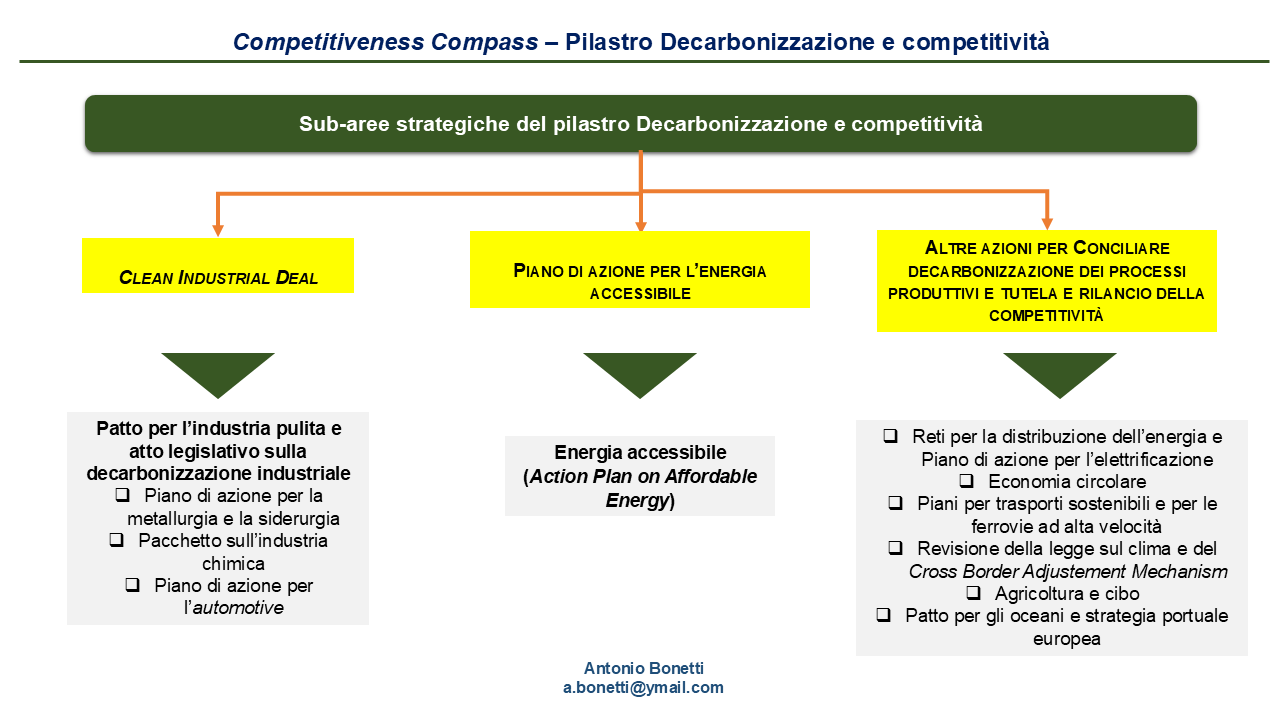On the 17th and 18th of November Rome will be home to an international conference on the EU Social Economy and its contribution to sustainable growth in Europe.
The conference – named ‘Unlocking the potential of the Social Economy for EU growth’ – has been organized by the Italian government as part of the programme of the Italian presidency of the Council of the EU.
Sessions of the event and specific themes have been established, inter alia, on the basis of an open consultation launched during the summer and managed by the Italian Ministry of Labour and Social policies.
The consultation was carried out using a simple questionnaire, which was made available online at http://www.lavoro.gov.it/SemestreEuropeo/AttivitaEventi/Pages/Semestre-Europeo_Consultazione-pubblica-Economia-Sociale_English-version.aspx.
The first part of the questionnaire raised some interesting issues which deserve further analysis.
First of all, this conference is extremely timely, because not only ‘it coincides with the start of the new legislature in the European Parliament’, as stated in the aforementioned questionnaire, but also it concurs with the debate over the Italian Third Sector’s reform.
In this respect, it seems to me that the Italian debate over the reform of the not-for-profit sector is still excessively linked to specific features and missions of the traditional legal entities, that is to say associations, voluntary organizations and social cooperatives.
The ongoing debate should go beyond this traditional concept and examine the greater picture of the Social Economy, as rightly done by the organizers of the open consultation.
Furthermore, the discussion about Social Economy is congruent with the lively debate over social innovation.
As far as social innovation is concerned, my opinion is that Italian not-for-profit organizations should tackle the following issues:
- ameliorating their general approach to the solution of social problems and fully adopting people-centred and participatory approaches to the co-design, testing and implementation of new actions for addressing new and unmet social needs. In fact, the engagement of citizens and beneficiaries in the decision-making process, open innovation paradigm and collaboration are key features of social innovation. Moreover, my view is that Italian social organizations should open up their governance and their activities to the participation of citizens and beneficiaries;
- improving their formulation of projects, by fully adopting the ‘Results-Based Management’ approach, and integrating proper metrics in order to evaluate projects’ social impacts. Indeed, strong focus on the beneficiaries’ needs and aspirations, and the evaluation of social impacts are key to any projects able to bring about real change to the lives of beneficiaries;
- re-shaping funding models currently being used, in order to improve their strategy for accessing EU funds.
In relation to the last issue, I would like to suggest two easy actions for not-for-profit organizations to rapidly start a wiser approach to EU affairs and funds:
- participating in the Conference ‘Science, Innovation and Society – Achieving Responsible Research and Innovation’, scheduled from 19th to 21st November, that deals with the cross-cutting topic ‘Science With and For Society’ of the Framework Programme Horizon 2020,
- contributing to recurrent consultations launched by the European Commission on EU policies and funds, with feasible ideas and proposals. For example, an open consultation on Horizon 2020 Science With and For Society – Potential priorities for the Work Programme 2016-2017 was closed on 12th October 2014.









